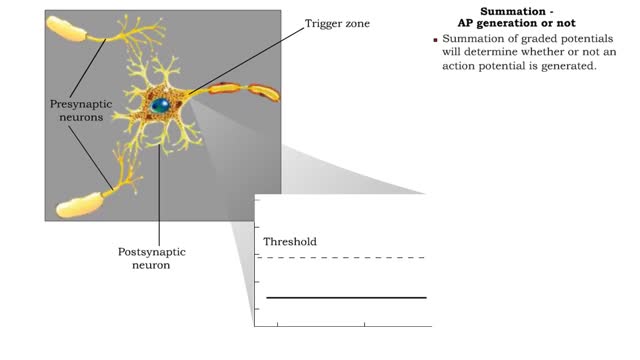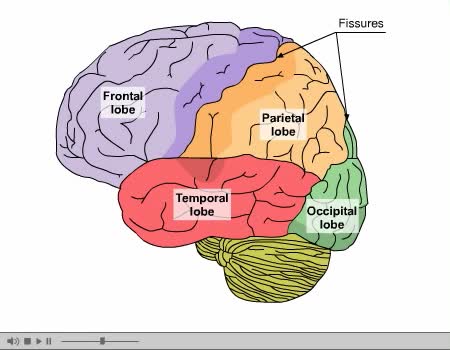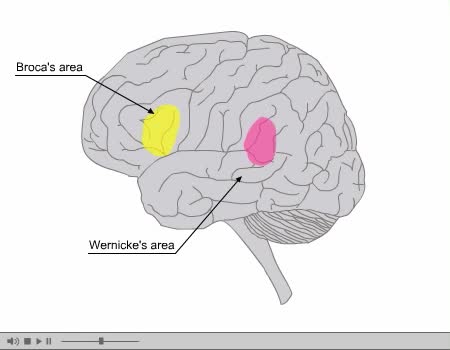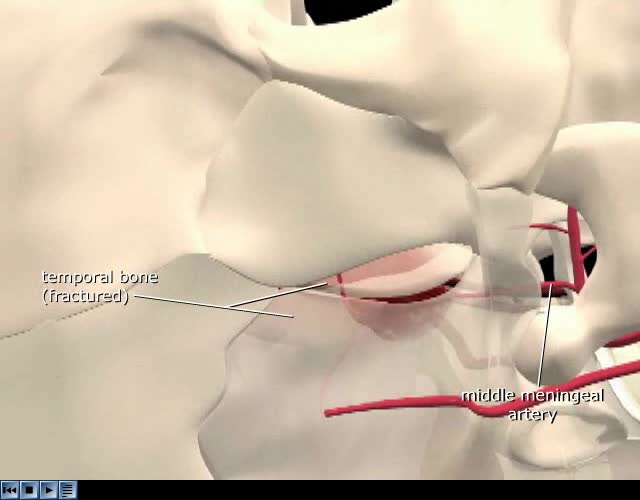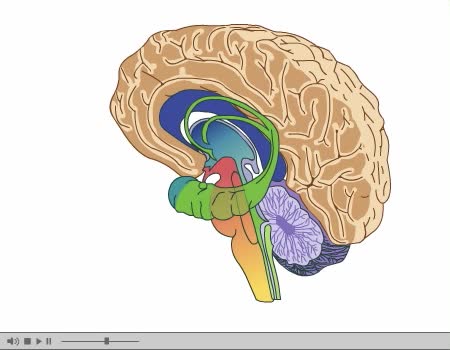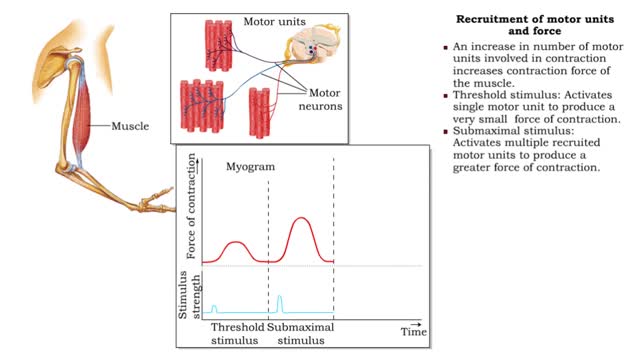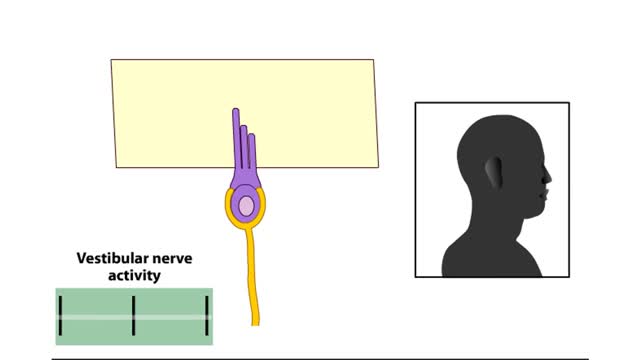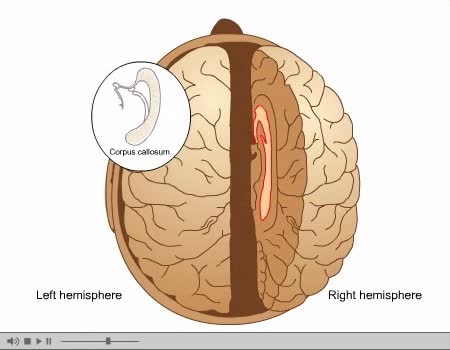Search Results
Results for: 'temporal summation'
Summation - defined, spatial, temporal & AP generation or not
By: HWC, Views: 11486
If several presynaptic end bulbs release their neurotransmitter at about the same time, the combined effect may generate a nerve impulse due to summation Summation may be spatial or temporal • A typical neuron may have thousands of synapses. A corresponding number of postsynaptic membrane ...
By: Administrator, Views: 15791
The brain’s cerebral cortex is the outermost layer that gives the brain its characteristic wrinkly appearance. The cerebral cortex is divided lengthways into two cerebral hemispheres connected by the corpus callosum. Traditionally, each of the hemispheres has been divided into four lobes: front...
By: Administrator, Views: 14795
Specific language areas of the brain. Many cortical (and non-cortical!) regions are involved in language processing. The primary language pathway begins in Wernicke’s area (posterior temporal lobe), which receives information from the auditory and visual cortices and assigns meaning (= lang...
By: Administrator, Views: 14455
Epidural hematoma is when bleeding occurs between the tough outer membrane covering the brain (dura mater) and the skull. Often there is loss of consciousness following a head injury, a brief regaining of consciousness, and then loss of consciousness again. Other symptoms may include headache, co...
Brain Anatomy Animation (Part 2 of 2)
By: Administrator, Views: 15938
Its nervous tissue consists of millions of nerve cells and fibers. It is the largest mass of nervous tissue in the body. The brain is enclosed by three membranes known collectively as the meninges: dura mater arachnoid pia mater The major structures are the: cerebrum cerebellum dienc...
Frequency of stimulation and force (Recruitment of motor units and force)
By: HWC, Views: 11876
• Muscle tension depends on the frequency of stimulation. • Muscle twitch: First stimulus. • Wave summation: When a second stimulus excites a partially relaxed muscle, producing a stronger contraction. • Unfused tetanus: Successive stimulations at the same frequency, producing a se...
By: HWC, Views: 10597
The vestibular system has important sensory and motor functions, contributing to the perception of self-motion, head position, and spatial orientation relative to gravity. The function of the vestibular system can be simplified by remembering some basic terminology of classical mechanics. All ...
Brain Anatomy Animation (Part 1 of 2)
By: Administrator, Views: 15086
The human brain is the central organ of the human nervous system, and with the spinal cord makes up the central nervous system. The brain consists of the cerebrum, the brainstem and the cerebellum. It controls most of the activities of the body, processing, integrating, and coordinating the infor...
Advertisement



